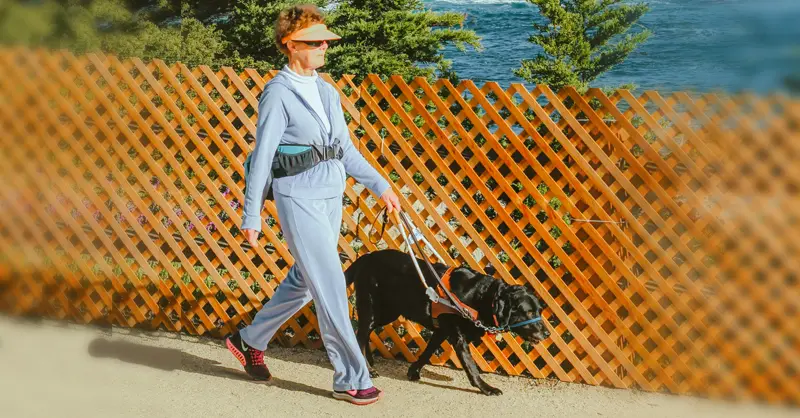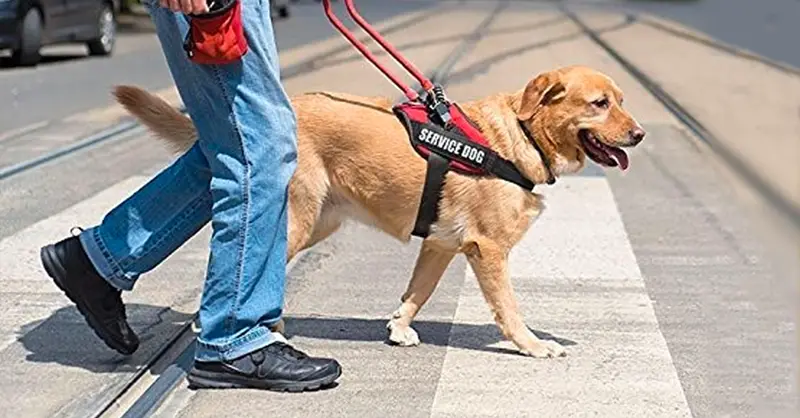All Our Articles on Laws

Service Dog Letter For Landlords: Why You Don’t Need One
Service Dogs and Their Rights Service dogs have numerous rights under federal laws. These laws allow service dog owners to be accompanied by their assistance... Read more

Can a Landlord Reject a Service Dog or ESA Based on Breed?
Why are there issues with dog breeds and housing? According to an article published by NIMH, younger adults tend to believe that landlords and property... Read more

Texas Service Dog Laws
Individuals with disabilities whether they are physical or mental often feel isolated because it is harder for them to function in public; this is where... Read more

What Makes a Service Dog Legal?
According to the U.S. Department of Justice, the Service Animal is defined as a dog that is specifically trained to perform a task (or tasks)... Read more

California Service Dog Requirements
California allows people with disabilities to live, travel, and go about their daily lives in the presence of a service dog. Service dogs are afforded... Read more

ADA Service Dog Laws
Service dog handlers are afforded specific rights and protections under the Americans with Disabilities Act (ADA). Every service dog handler needs to understand their legal... Read more

Do I Need a Doctor’s Note for a Service Dog? – Service Dog Requirements
With the chaotic times we live in, many people are having difficulties both emotionally and mentally. When a person finds themselves in this situation, they... Read more

Can Landlords Deny a Service Dog?
No, landlords cannot deny or refuse a service dog because they are protected under the Fair Housing Act, which requires landlords, HOAs, co-ops, and condos... Read more

Emotional Support Dog Requirements
Are you confused by emotional support dog requirements? You’re not alone. There is a lot of information on this important subject, some of which is... Read more







